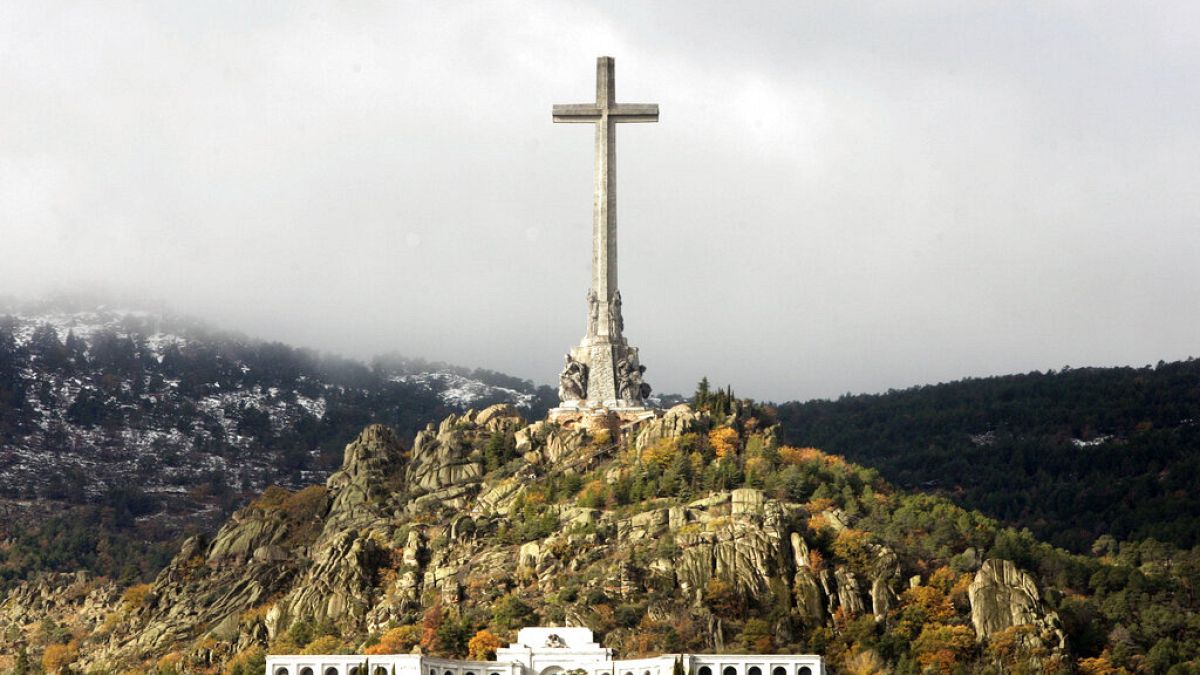The law will rehabilitate all of those convicted on the grounds of political and religious beliefs, ideology or sexual orientation during the rule of fascist dictator Francisco Franco.
A law absolving the victims of General Francisco Franco's fascist dictatorship, introduced by Spain’s government to tackle the dark legacy of Spain's 20th-century history, will be enforced on Friday.
The Democratic Memory law, introduced by the current leftist coalition headed by Prime Minister Pedro Sánchez, pardons all victims of the regime who were sentenced on the grounds of political and religious beliefs, ideology or sexual orientation.
Under the new law, the state will also promote the search and exhumations of victims buried in mass graves, which until now were handled by memory associations.
Government estimates point to 114,000 civilians who disappeared, presumably killed by Franco's forces during the Spanish Civil War and throughout his dictatorship.
The bill has been welcomed by some of the victims’ family members.
Among these is Flor Baena, who spent decades trying to clear the name of her brother Jose Humberto - one of the last five people executed under Franco’s rule before his death in 1975.
"I want it to be all over the media saying that he was an innocent man who was executed by a firing squad ... I want his honour to be restored and for him to go down in history as a murdered person, not as a murderer," she told Reuters.
Memory associations still claim the law fails to address key issues, such as having legal rulings on the actual crimes or bringing perpetrators to justice.
"We are not going to have [the] legal truth," said Rosa Garcia of the La Comuna association of Franco-era prisoners who, as a medicine student in 1975, was sentenced to two years for "unlawful propaganda and assembly".
In a bid to heal the wounds, left and right-wing parties in Spain agreed on a Pacto del Olvido (Pact of Forgetting) in 1977 to avoid confronting a painful past and to ease the transition into democracy.
However, Franco's legacy remains a divisive issue in Spain, especially following the rise of the hard-right Vox party in the past few years.
